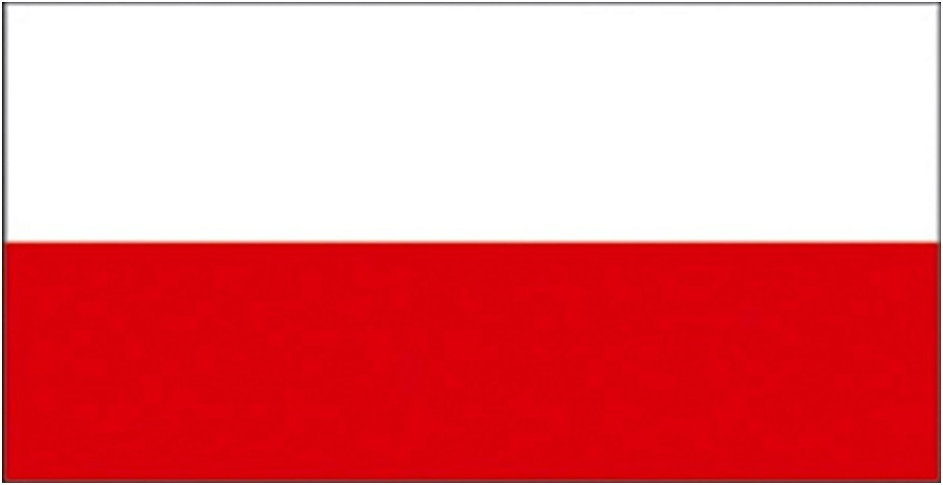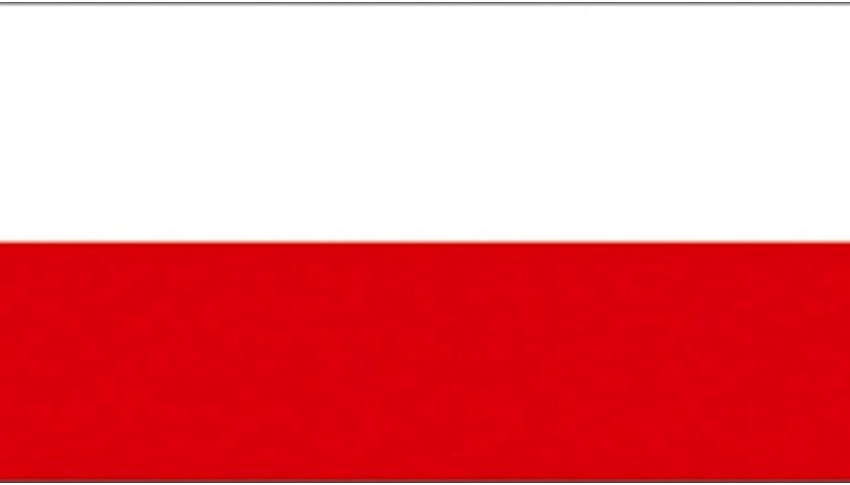

Poland: Associations Criticise Plans for New Grant Scheme
The Association of Manufacturers and Importers of Heating Appliances (Polish acronym: SPIUG) and the Institute for Renewable Energy (Polish initialism: IEO) have criticised the draft of the new Prosument programme which is planned to replace the current grant scheme during the second half of 2014. Both organisations claim that reducing the grant from 45% to 10% of the investment costs is too strong a measure to further attract interest in renewable heating systems, such as solar thermal technology. The other part of the investment is to be covered by a low-interest loan with 1%.
The Prosument programme with an announced budget of Polish Zloty (PLN) 600 million (EUR 144 million) also supports photovoltaics, biomass furnaces and heat pumps. Renewable electricity systems, such as photovoltaic installations, will receive a grant of 20% of the investment costs.
At the beginning of February, SPIUG took part in a consultancy meeting organised by the administrator of the current and the announced subsidy scheme, the National Fund for Environmental Protection and Water Management (Polish acronym: NFOŚiGW). After the meeting, the association published a two-page statement summarising the criticism of the current draft version of the Prosument programme. The statement was sent out to selected stakeholders and media organisations, but SPIUG has not made it available online.
“Set the grant to 40 % of the investment costs”
“We have the impression that the current draft of the Prosument programme is intended for people ready to invest PLN 100,000 to 150,000 (EUR 24,000 to 36,000), because it seems that only then will the 1% loan be attractive,” SPIUG says in its statement. “It does not seem to be an offer to attract ordinary citizens.” In addition, the association claims that the 10% cap is too low, especially if the grant must be included in the person’s income tax declaration after the first year, as it has been the case for the current 45% grant. SPIUG’s calculation given in the statement is based on a typical solar water heating system with PLN 15,000, which would result in a grant of PLN 1,500 – a grant which is then reduced to around PLN 1,100 after it shows up on the beneficiary’s tax declaration.
This view is partially shared by IEO’s President Grzegorz Wiśniewski: “Our proposal is to initially set the grant for solar thermal collector systems to 40% of the investment costs compared to the current 45%. This grant should be lowered to 30% in 2016,” Wiśniewski says. “Every decrease, however, should be preceded by a market analysis of each technology included in the Prosument programme,” he adds.
NFOŚiGW lost revenue
According to Wiśniewski, introducing the 10% grant will benefit cheaper technologies, such as low-efficient biomass furnaces and heat pumps also subsidised by the Prosument programme. He says that NFOŚiGW is trying to save money as the fund’s revenues are sinking. “NFOŚiGW has lost revenue from European Union Allowances, and it will have even less in the future, as the current draft of the Renewable Energy Sources Law takes away the funding allocated to NFOŚiGW from renewable electricity penalty fees, which are paid by power utilities that do not meet the required share of renewable electricity in their sales.”
Surprisingly, this criticism is not shared by Leszek Skiba, President of solar thermal collector producer Hewalex. “The industry will not stop developing under these new grant conditions. Collectors don’t require such a large grant as the current one and the 1% loan is very attractive,” Skiba says.
More information:
This news was written by Marcin Czekanski, a Polish journalist specialised in renewable energies and based in Szczecin, Poland.